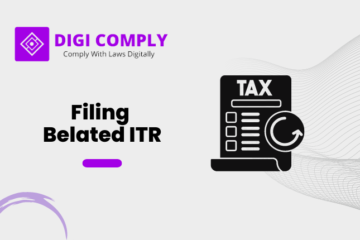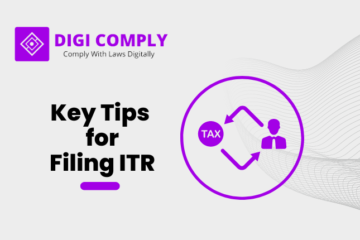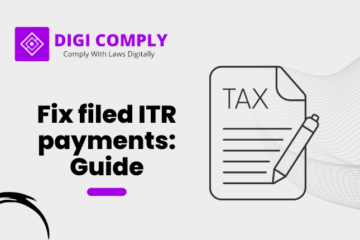The United Arab Emirates (UAE) stands as the leading exporter among all the GCC States, with its primary exports encompassing electronics, precious metals, and stones. Globally, the UAE ranks as the 29th largest export economy and the 20th largest importer. The country’s key imports consist of gold, diamonds, jewelry, and cars, making exports and imports fundamental components of the UAE’s trading landscape. In this article, we shall delve into the topic of exports and imports, and explore their treatment under the UAE’s Value Added Tax (VAT) system.
Exports
Exports, in the context of the UAE, refer to the supply of goods or services from the country to individuals or entities located outside its borders. The recipient’s location can be either their place of establishment or a fixed establishment.
Are exports taxable?
Regarding taxation, exports are considered taxable supplies, but they fall under the category of zero-rated supplies. This means that while exports are subject to VAT, the applicable tax rate is set at 0%. The treatment of exports under VAT is determined by specific scenarios, which can be categorized as follows:
- Export of goods outside a GCC VAT implementing state
- Export of goods to unregistered recipients in a GCC VAT-implementing state
- Export of goods to registered recipients in a GCC VAT-implementing state
- Export of goods requiring installation or assembly outside the state
Can input tax be recovered on exports?
The recovery of input tax on exports is allowed. In other words, businesses can claim back the VAT paid on supplies used in the production of exports. If the exporter also engages in domestic supplies, the input tax recovered can be utilized to offset their overall tax liability. In cases where the exporter solely deals in exports and does not have any domestic supplies, they can apply for a refund of the tax paid on inputs.
Are records of exports required to be maintained?
Keeping accurate records of exports is a mandatory requirement. Exporters must maintain these records for a minimum period of five years from the end of the year to which the invoices pertain. For instance, if an export invoice was issued on 5th January 2018, it should be retained until 31st December 2023.
Imports
Imports refer to the receipt of goods or services from outside the UAE into the country, constituting a taxable supply known as an import.
Taxation of Imports:
Imports fall under the scope of VAT in the UAE. When a person registered under VAT in the UAE imports goods or services, they are required to pay VAT on imports through the reverse charge mechanism. Additionally, customs duty is levied on imports. Import scenarios can be categorized as follows:
- Import by a person registered under VAT.
- Import by a person not registered under VAT.
- Goods are trans-shipped via UAE to other GCC countries.
- Goods are imported to UAE and subsequently exported to other countries.
Understanding Reverse Charge:
In typical transactions, the supplier of goods or services is responsible for collecting and remitting taxes to the Federal Tax Authority (FTA), known as the forward charge. However, in the case of imports, where the supplier is located outside the UAE and thus not registered under UAE VAT, the responsibility to pay tax on the import shifts to the importer who is registered under VAT in the UAE.
VAT Rate on Imports:
The standard VAT rate applicable to imports is 5%. Notably, the import of precious metals is an exception, attracting a 0% VAT rate. This parity in VAT rates between imports and domestic supplies ensures equitable taxation for both.
Input Tax Recovery on Imports:
Yes, the tax paid by the importer on imports is eligible for input tax recovery. This means that businesses can reclaim the VAT they paid on imported goods or services as part of their taxable supplies.
Maintenance of Import Records:
It is essential to maintain records of imports for a minimum of five years from the end of the year to which the invoices pertain. This record-keeping requirement is crucial for VAT compliance purposes.
Conclusion:
For traders operating in the UAE, both exports and imports form integral components of their business activities. Adhering to VAT compliance regulations is vital for these businesses to meet their obligations accurately and make the most of the benefits offered by the VAT system.
If You have any queries then connect with us at support@legalsuvidha.com or info@digicomply.in & contact us & stay updated with our latest blogs & articles





